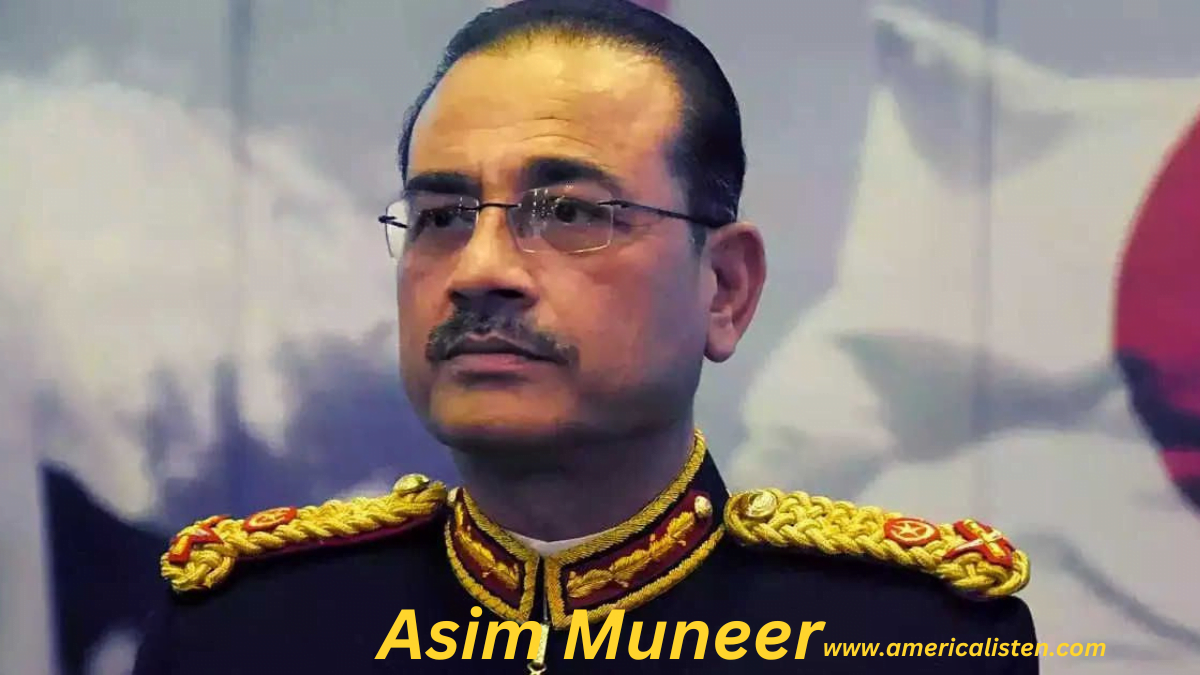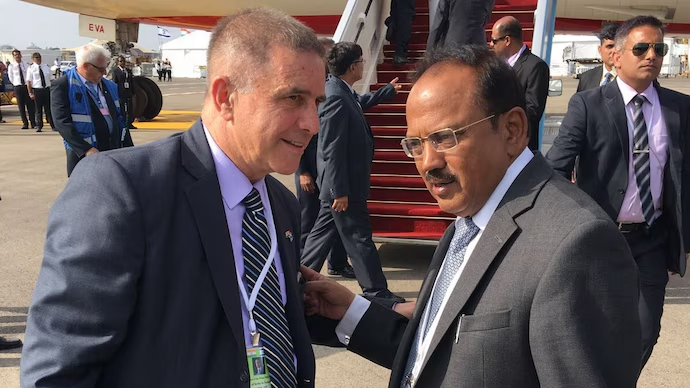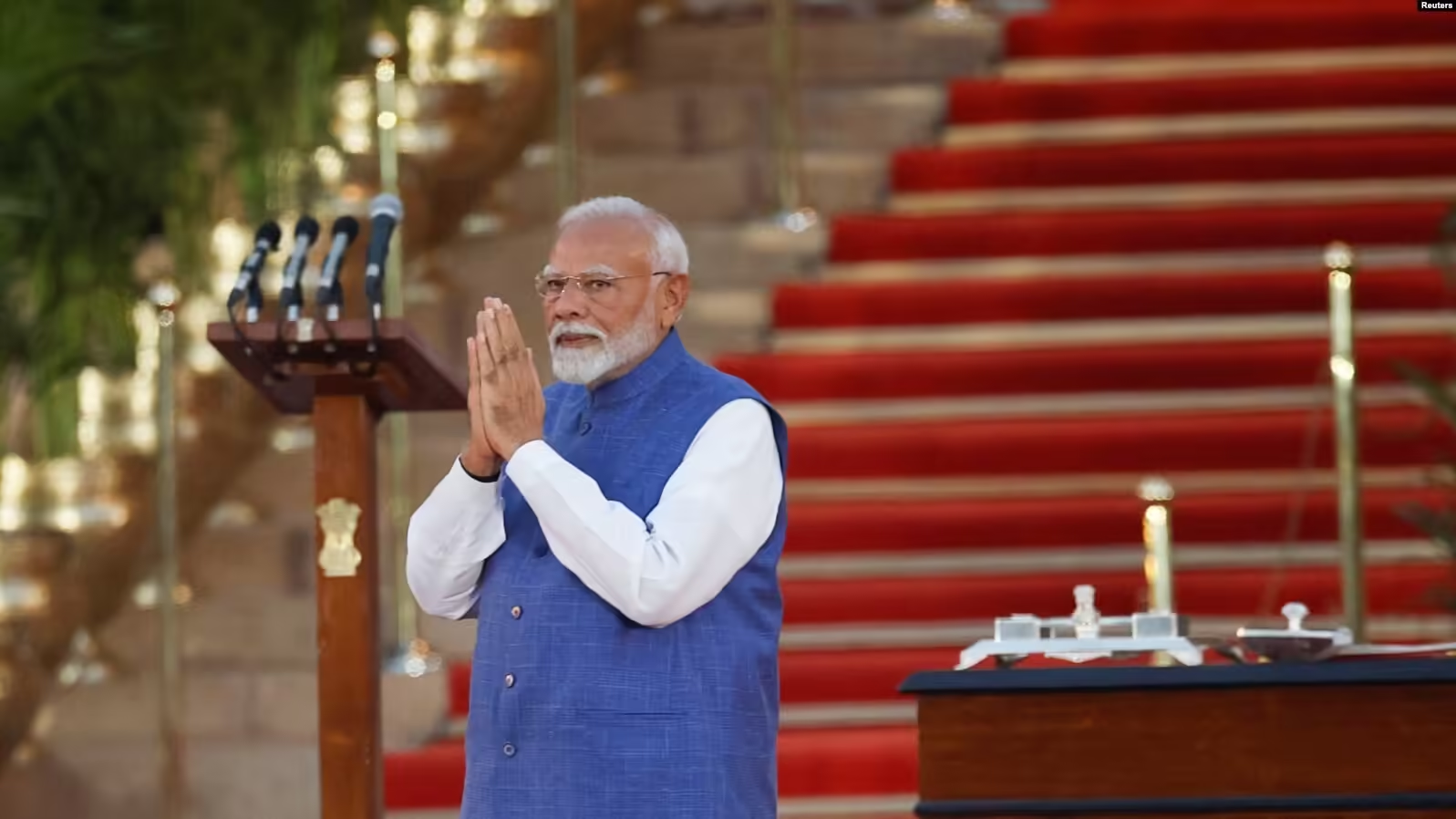In a startling turn of events, Pakistan finds itself embroiled in a political maelstrom as its military leadership intervenes to overrule the results of the recent parliamentary elections, setting off a firestorm of controversy both domestically and internationally. This move, which saw the unpopular Nawaz Sharif being invited to form the government despite Imran Khan’s party securing the most seats, has raised serious questions about the integrity of the democratic process in the country and the extent of military influence in civilian affairs.
Historical Context:
To understand the gravity of the situation, it’s crucial to delve into Pakistan’s turbulent history of military coups, interventions, and the delicate balance of power between the military establishment and civilian authorities. Since its inception in 1947, Pakistan has experienced numerous military takeovers, with the military often wielding significant influence behind the scenes, even during periods of civilian rule.
The Rise of Imran Khan and the 2018 Election:
The 2018 general election marked a significant moment in Pakistan’s political landscape, with former cricket star Imran Khan and his Pakistan Tehreek-e-Insaf (PTI) party emerging victorious, promising to root out corruption and bring about much-needed reforms. Khan’s ascent to power was seen by many as a break from the traditional political elite, offering hope for change and progress in the country.
Military’s Relationship with Imran Khan:
While Imran Khan’s rise to power initially appeared to signal a shift away from the military’s direct involvement in politics, his tenure as Prime Minister has been marked by a complex relationship with the military establishment. Critics argue that Khan’s government has been overly deferential to the military’s interests, particularly in matters of national security and foreign policy.
Controversial Election Results:
The decision by Pakistan’s military leadership to overrule the election results and invite Nawaz Sharif, a polarizing figure with a history of corruption allegations, to form the government has sparked widespread outrage and accusations of electoral manipulation. Many observers view this move as a blatant attempt by the military to maintain its grip on power and stifle democratic processes.
International Response:
The intervention of Pakistan’s military in the country’s electoral process has not gone unnoticed by the international community. Several countries and human rights organizations have expressed concern over the apparent erosion of democracy and the rule of law in Pakistan. Calls for transparency, accountability, and respect for democratic principles have intensified in the wake of these developments.
Implications for Pakistan’s Democracy:
The events unfolding in Pakistan have far-reaching implications for the future of democracy in the country. The blatant disregard for electoral outcomes and the perceived manipulation of political processes undermine public trust in democratic institutions and threaten to further destabilize an already fragile political landscape. The need for genuine democratic reform and civilian oversight of the military has never been more urgent.
Conclusion:
The decision by Pakistan’s military leadership to overrule the election results and intervene in the country’s political affairs has plunged Pakistan into a deep crisis of legitimacy and governance. The controversy surrounding these events underscores the inherent tensions between civilian rule and military influence in Pakistan and raises pressing questions about the future of democracy in the country. Moving forward, it is imperative for Pakistan to uphold the principles of democracy, transparency, and accountability to ensure a peaceful and prosperous future for its citizens.


